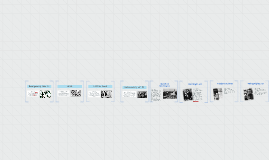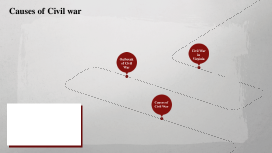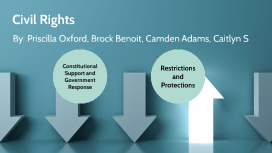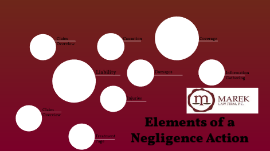Civil Dis. PowerPoint
Transcript: What is even happening: An Intro to Civil Disobedience 1 SO what does this mean? Let's break it down!! Background 2 #1 Civil Disobedience Within the topic literature, there is some disagreement as to what civil disobedience (hereafter “CD”) entails. Most authors agree that all acts of CD involve the following: 1) breaking a law that the rest of society typically follows; 2) law-breaking that will not threaten the very existence of the social order; and 3) protest against a specific governmental policy or action, rather than a rejection of the entire political system. Political theorists usually hold that civil disobedients accept punishment for their actions; they don’t seek to overthrow the state. Moreover, such protestors take action not out of self-interest, but because they genuinely have a moral objection to the law in question. 1) “Integrity-based” CD, in which “a citizen disobeys a law because he feels that law is immoral” (e.g., “an antebellum Northerner refusing to turn over a slave to authorities”); 2) “Justice-based” CD, in which “a citizen engages in actions designed to lay claim to some right denied that citizen—wrongfully, in his view” (e.g., “the actions of protestors during the Civil Rights Movement”); and 3) “Policy-based” CD, in which a citizen responds to a policy s/he believes is “dangerously wrong” (e.g., “the sit-ins and other protests against deployment of American nuclear weapons in Germany”) Types!!!!!! #2 DEMOCRACY! The resolution’s context is a democracy, rather than a dictatorship or other politically repressive regime. This is significant, since it may exclude certain examples of CD from discussion. For instance, the 1989 Tiananmen Square massacres in China certainly demonstrated a hostile reaction to civil disobedience, but didn’t occur within a democratic climate. Likewise, examples like American resistance to slavery and South African resistance to apartheid are only questionably topical, since one could argue that those societies weren’t democracies, either. GREAT QUESTION!!! The broadest definition of the term indicates that it is “rule by the people.” This typically means that the government must have a voting system, as well as safeguards for individuals’ free expression and minority rights. Moreover, democracies definitional provide a means of holding leaders accountable. Various theories of what democracy means exist; the fundamental point here is that democracy is not just majority rule. Rather, it is a means of balancing majority rule and minority rights. The existence of laws does not, by itself, make those laws democratically valid; it’s important that individuals have a check on the legislative process in any truly democratic system, since that ensures that all voices have the opportunity to be heard. So What is a Democracy? #3 Last but Not Least #3: MORALLY JUSTIFIED! Perhaps the most important question in the resolution is what it means for an action to be morally justified. Is this necessarily the same as the action being moral or just? Why does the resolution include the word “morally” before “justified” – what’s the distinction between those terms? It seems that the affirmative must do more than simply prove that there may be good reasons to engage in CD, yet s/he doesn’t need to prove that CD is actually good. Rather, s/he needs to show the action to be morally valid or legitimate – i.e., that it doesn’t break moral duties. The negative, meanwhile, must establish reasons why CD should be taken off the table entirely, since democracies should discourage the use of morally illegitimate tactics. So What Does Each side have to prove? Debaters on both sides should consider using something related to moral justification or democracy as the basis of their frameworks, since the resolution’s goal is to achieve some kind of morally justified action within a democratic context. Sample values might include morality, justice, democratic legitimacy, or some combination of terms (e.g., moral legitimacy). So what should we do with this new information? Framework so your brain works ;) Q1 Q2 Q3 BANKRUPTCY THE AFF! Let's start with framework! Consequentialism As mentioned above, a large number of moral theories fall under the broad umbrella of consequentialism. A consequentialist framework says that acts which promote the best outcomes are morally justified. So a consequentialist affirmative will argue that civil disobedience in a democracy, as opposed to a democracy without civil disobedience, is the ideal way to set up society. Civil disobedience is an excellent tool for citizens of a democracy to challenge and disrupt patterns of oppression through open and peaceful defiance of seemingly unjust laws. Counterfactually speaking, without civil disobedience the United States may have been a significantly less welcoming and free nation that it is today. This is not to say that the United States is perfect right now, I simply mean to say that things are much better now than they The

















